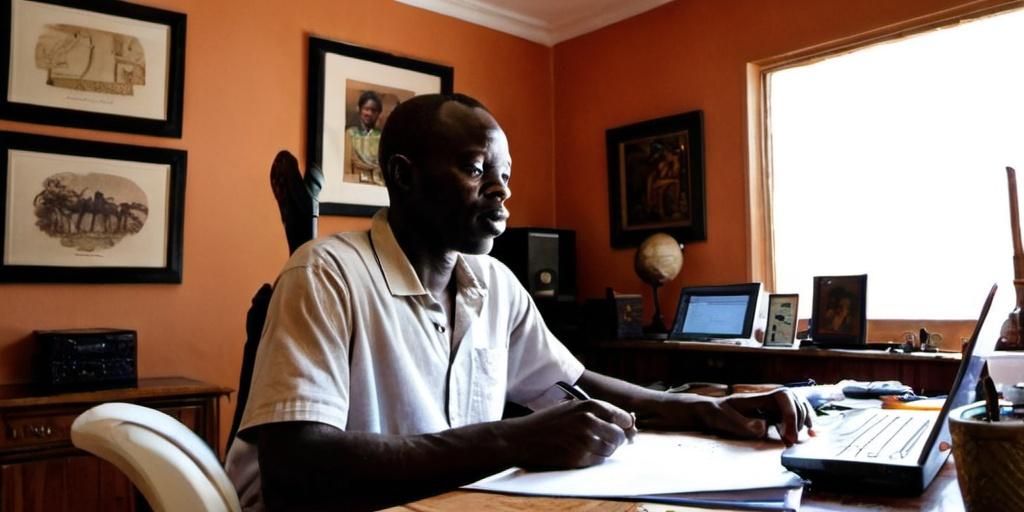Market overview and who trades this stuff
Binary options found an audience across Africa because accounts open fast, payouts are clear, and you can trade from a phone with modest data. A trade boils down to a simple yes or no about price at a chosen time. That simplicity pulls in first timers who prefer fixed outcomes to open ended P&L. Activity clusters in South Africa, Nigeria, Kenya, Egypt, and parts of North and West Africa where mobile wallets and cheap smartphones lowered the barrier to entry. Even so, the product carries high risk. Payouts are capped, losses can hit 100% of stake per ticket, and many firms operate outside strict oversight. If you treat it like entertainment money that might teach you price behavior while you learn, it can fit a small corner of a broader plan. If you treat it like a salary replacement, the math works against you.

How binary options work in plain terms
You pick an asset, an expiry time, and a direction. If your call is correct at expiry, you receive a fixed payout quoted up front, often 60 to 90 percent of stake. If you’re wrong, you lose the entire stake. There is no partial exit once the clock runs out, and price only needs to tick one point against you to flip a win to a loss. That all or nothing profile makes risk easy to see but hard to manage. Short expiries feel exciting because feedback is instant, yet they magnify noise and slippage. Longer expiries give your idea more room, but tie up capital and still carry the same binary outcome. The house edge sits in the payout. A 70 percent payout requires you to win well above half your trades just to break even after fees. That is a high bar for most retail traders.
Regulation, legality, and why the fine print matters
Rules differ by country. Some markets restrict retail binary options or require firms to hold a local license. Others permit cross border services but do not provide a clear complaint path when a dispute hits. Many offshore brokers accept African clients under looser regimes. That is not a moral judgment; it is a risk fact. If a platform is run from a jurisdiction with light oversight, you shoulder more counterparty risk. Before you deposit, read the client agreement, find the legal entity on your statements, and check whether client money sits in segregated accounts. A neutral directory like BinaryOptions Net allow you to verify license and terms directly with each firm and the regulator.
A practical starter plan
Keep it simple. Pick two assets that trade cleanly during your available hours, say EURUSD and gold. Choose one expiry bucket such as 30 minutes. Define valid setups based on higher time frame levels with price confirmation on the lower chart. Stake 1 percent per idea. Cap daily loss at 3 to 4 percent. Log every ticket with a short note on why you took it. Run this for one hundred trades before changing anything. If results beat the break even math after fees, keep going and scale slowly. If not, shift your energy to spot forex where you can shape risk and payoff more flexibly.
